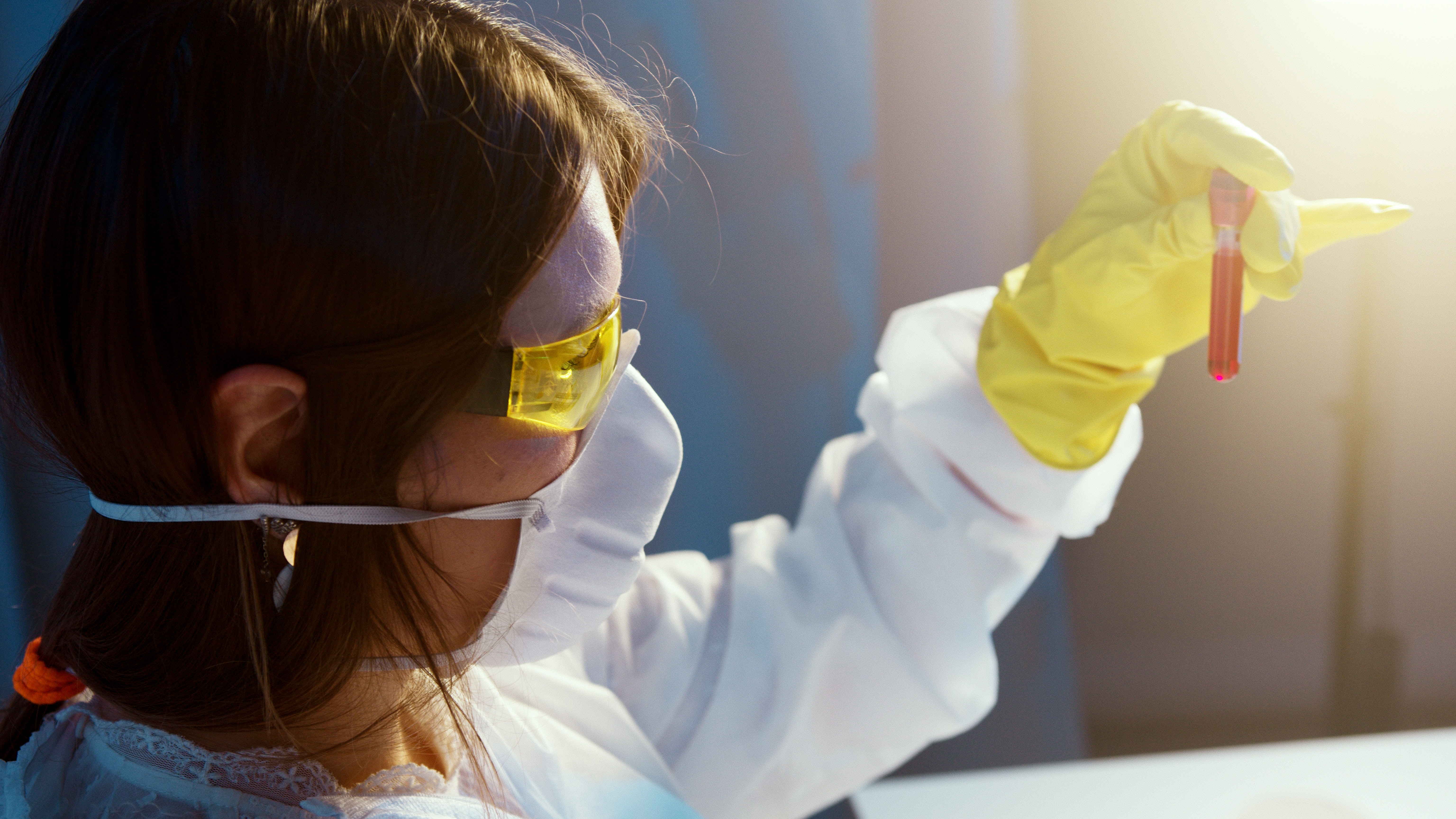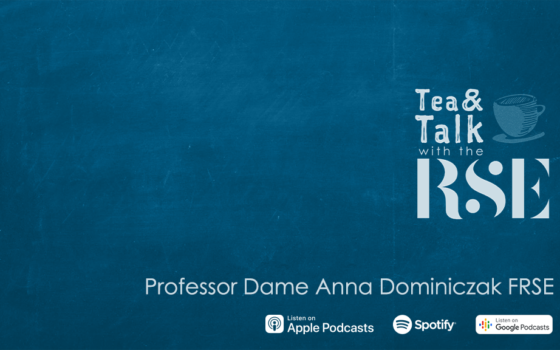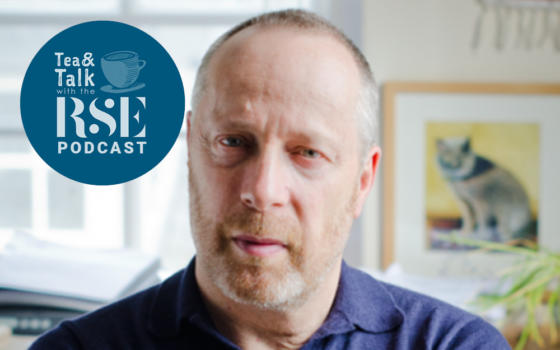As an incredibly challenging year draws to a close, one of the resonating phrases with which we have all become so familiar has been that we are “following the science”. This carries with it questions as to what we understand by ‘the science’, why we should we ‘follow it’ and how can we use science and the data and evidence upon which it is based as enabling tools in decision making.
Science is about discovery, using experimentation and data to increase our knowledge and understanding of the world around us. From this we can formulate, develop, and generate a basis for calibrated knowledge and expertise so that we can make evidenced based decisions while understanding the associated risks. Sounds so simple doesn’t it?
Science, however, is not a fixed ‘thing’ to follow, it is an ever-evolving understanding of possibilities and probabilities relative to the evaluation of data and evidence within a framework of circumstances.
This can be the scientific evidence presented as part of a court case where ordinary members of the public in the jury decide whether an accused person is guilty or not guilty; or expert advice presented in evaluating the risk associated with behavioural decisions for example regarding vaccines or restricting movement during the current pandemic.
As such, scientists spend much of their time gathering robust and verifiable data through measurements or by seeking personal information about people’s behaviours and beliefs. And here is the real challenge.
For science to generate useful outputs, many things are needed but I want to highlight only two, both of which are ironically, unscientific – trust and public engagement. People (and organisations) need to trust that the data generated in a laboratory or the personal data that they agree to provide is going to be gathered in an ethical and unbiased way. They need to have trust and confidence that the data is going to be valid, properly curated, secured and used for the intended purposes in a way that achieves good and delivers just outcomes.
We also need to trust that scientific evidence will be used in a way that best enables decisions to be made sensibly, sensitively and robustly.
Data, evidence and science has been catapulted into centre stage in an unprecedented way and we have to use this opportunity to look to how we can engage everyone in understanding and evaluating risk and in empowering strong and collective decision making.
Public engagement with data and science and how we communicate what science is and what its outcomes are, has never been more important. Clear unambiguous and focused information that can be understood by everybody is now, more than ever, a necessity as we continue to face enormous personal and societal decisions. Science communication is not easy, we must understand both the message and the audience, we have to actively engage and listen to make sure that the message is on target and delivered in a way that everyone can access.
We have an opportunity to empower a new generation of public engagement and science communication professionals to work with our policy makers, our experts, our media, and our citizens to ensure that we all understand the powerful good that data and science can achieve. We should take that opportunity.


